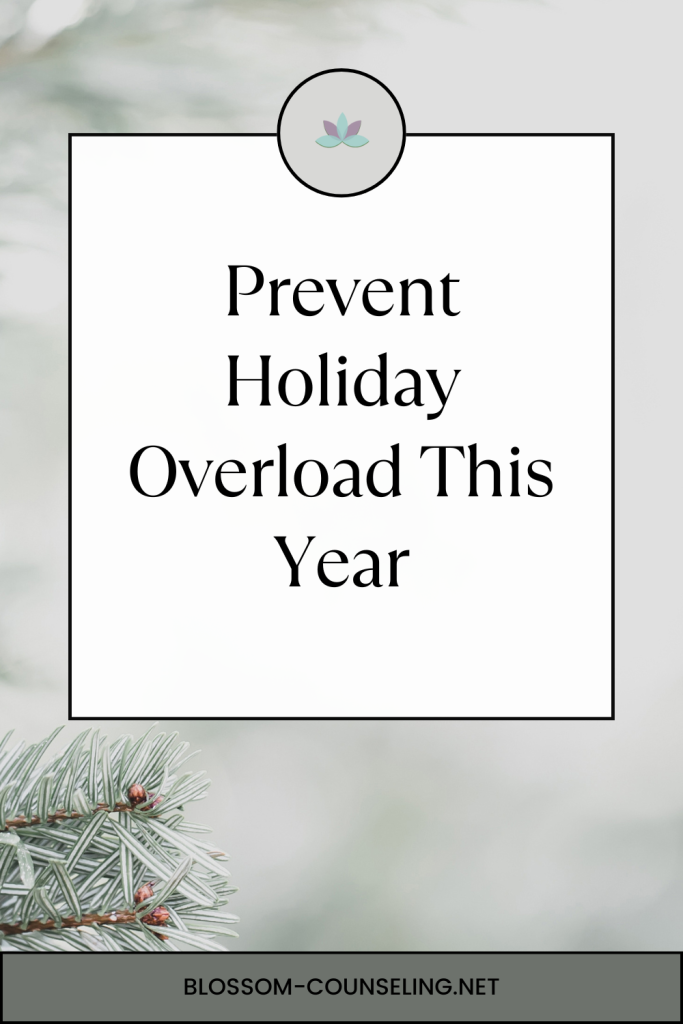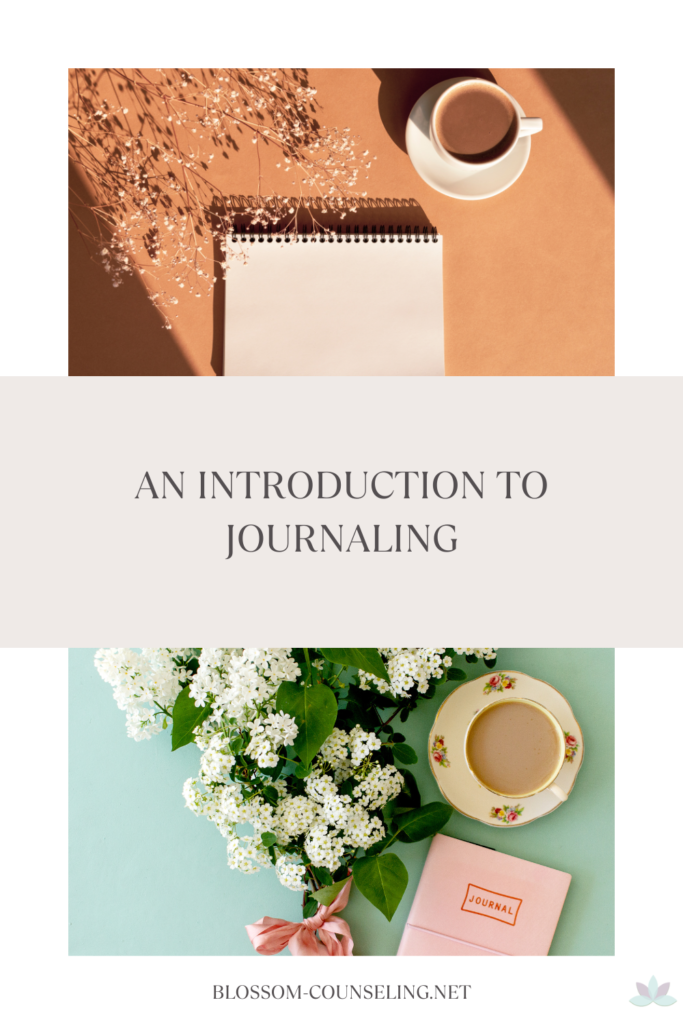
Grief can be one of the most complex emotions we experience, and yet it’s something we all face at some point. Whether it’s the loss of a loved one, a relationship, or even a life change like moving to a new city, grief has a way of sneaking up on us and staying longer than we’d like. The tricky part? There’s no manual for it. Grief is deeply personal, and there’s no one-size-fits-all approach to processing it. But if there’s one thing that’s clear, it’s that honoring your grief, instead of trying to rush through it or push it away, is essential to healing.
Grief Isn’t Linear—And That’s Okay
One of the most frustrating things about grief is that it doesn’t follow a straight path. You might think you’re doing fine, and then something as simple as hearing a familiar song or smelling a certain perfume throws you right back into the thick of it. This is normal. Grief is more like a wave—it ebbs and flows, sometimes gently lapping at your feet, and other times crashing down without warning. And those waves don’t disappear after a set amount of time. You’re not “supposed” to be over it after a few months or a year. In fact, expecting yourself to be on a strict timeline only adds unnecessary pressure.
Give Yourself Permission to Feel
It sounds simple, but it’s often the hardest part: letting yourself actually feel your grief. There’s a tendency to numb out or keep busy as a way of avoiding the pain. While distractions can be helpful in small doses, constantly pushing away those feelings doesn’t give them the space they need. It’s okay to cry, to be angry, or to feel utterly exhausted by it all. Grief is heavy, and it’s important to acknowledge just how much it’s weighing on you. Denying those emotions only prolongs the process.
Your Grief is Valid
We often hear things like, “At least they lived a long life,” or “Everything happens for a reason.” These comments, while usually well-meaning, can feel dismissive and minimize what you’re going through. The reality is, your grief is valid, no matter the circumstance. Whether you’re grieving the loss of a person, a pet, a job, or an old version of yourself, your feelings are real, and they deserve to be honored. There’s no grief “hierarchy.” You don’t need to justify why you feel the way you do.
Finding Ways to Honor Your Grief
Honoring grief doesn’t mean wallowing in it. It means giving it the attention it needs, processing it, and learning to carry it in a way that feels manageable. Here are some ways you can honor your grief:
- Create a ritual. Whether it’s lighting a candle, visiting a meaningful place, or writing a letter, rituals can provide comfort and a sense of connection.
- Talk about it. Whether with a therapist, a friend, or a support group, sharing your grief can lessen the load. Sometimes, just having someone witness your pain can make all the difference.
- Take care of your body. Grief isn’t just emotional—it’s physical too. You might notice changes in your appetite, sleep patterns, or energy levels. Being gentle with yourself and prioritizing self-care can help.
- Allow yourself joy. It’s okay to find moments of happiness amidst grief. Laughing, smiling, and feeling joy doesn’t mean you’ve forgotten or moved on—it simply means you’re human.
The Long Game of Grief
Grief changes shape over time. It might soften, but it doesn’t disappear. And that’s okay. In many ways, grief is a reflection of the love or the significance of what you’ve lost. Learning to carry it with compassion for yourself is key. Some days will be harder than others, and that’s normal. But in honoring your grief, you honor the depth of your experience, and that’s a powerful step toward healing.




